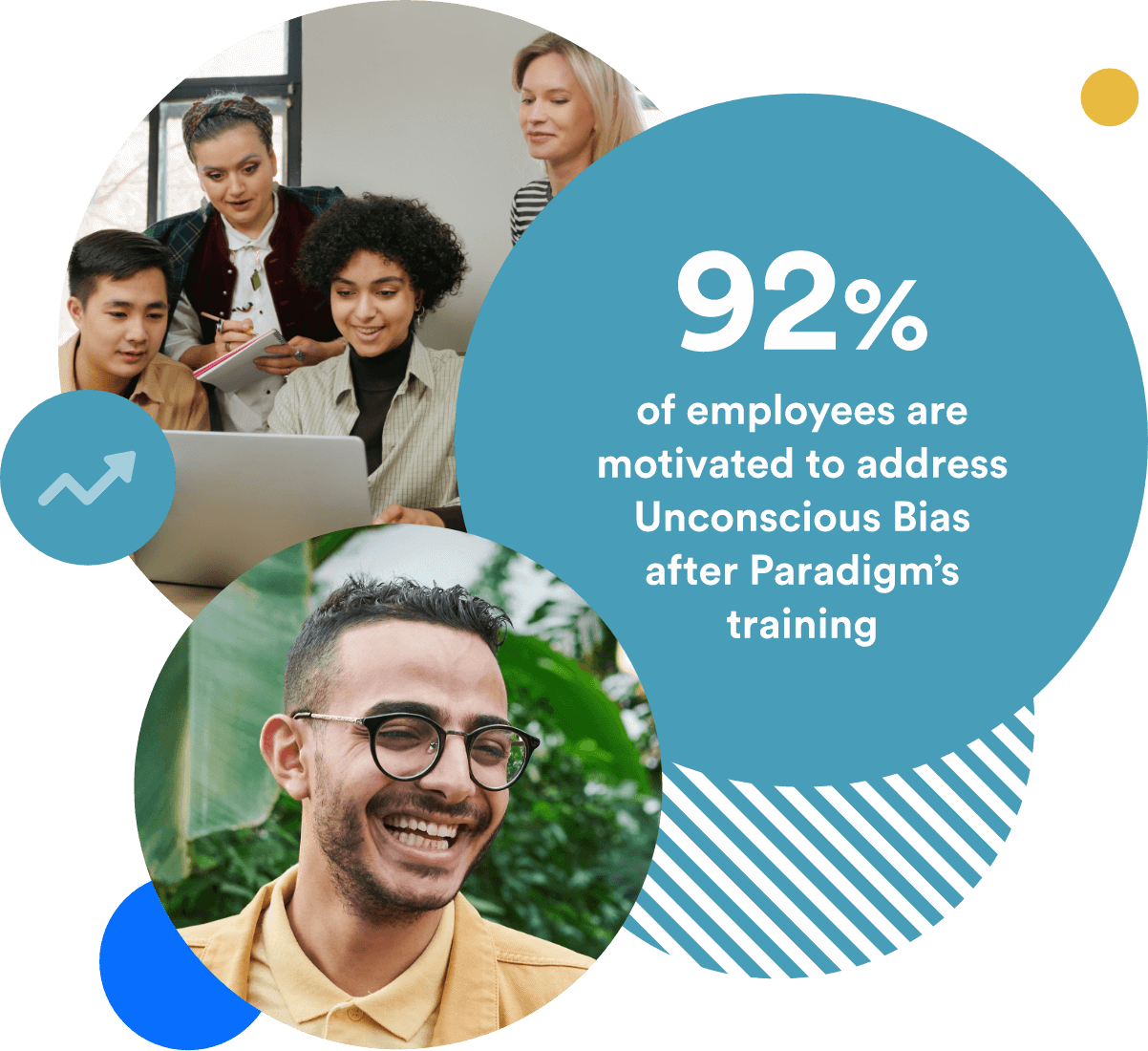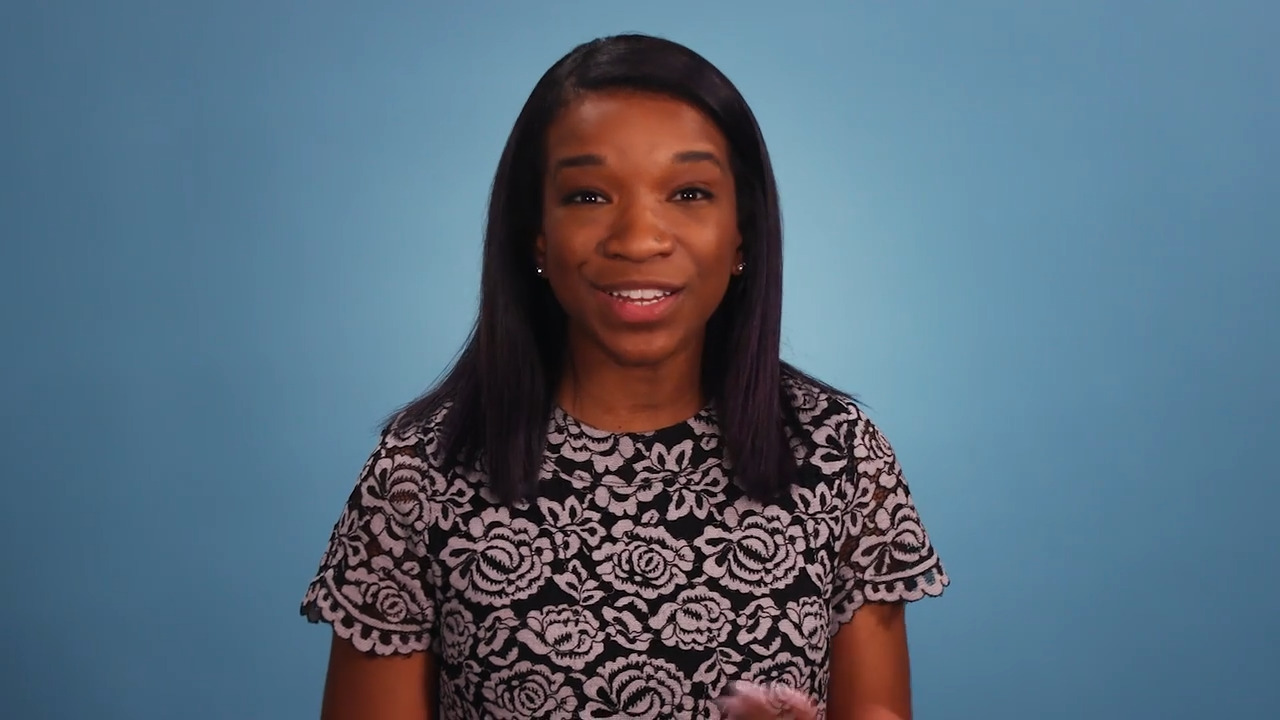What is Unconscious Bias?
Also known as implicit biases, these are the mental shortcuts all our brains make when we’re navigating the day. These shortcuts are based on what we’ve observed in the world around us: the advertisements we’ve seen, the television we watch, the books we’ve read, and the common sayings we’ve heard throughout our lives. And unfortunately, those observations often include stereotypes. If we aren’t aware of — or don’t manage these unconscious biases, we’re likely to make decisions that are influenced by them. While we can’t eliminate it altogether, helping employees learn how to manage unconscious bias is critical to building a more diverse, equitable, and inclusive workplace.

 Our website uses cookies to distinguish you from other users of our website. This helps us to provide you with a good experience when you browse our website and also allows us to
improve our site. By continuing to browse our website, you’re agreeing to our use of cookies. For more information, please read our
privacy policy.
Our website uses cookies to distinguish you from other users of our website. This helps us to provide you with a good experience when you browse our website and also allows us to
improve our site. By continuing to browse our website, you’re agreeing to our use of cookies. For more information, please read our
privacy policy.




